Here’re the regrets of the dying that will make you ponder life and change the way you think!
Part of Kathy Caprino’s series “Finding Brave To Build Your Happiest and Best Life and Career”
Each year for my work, I review and study a large amount of material—from blog posts and articles, to research studies, books, papers, TEDx talks, and more. Much of it shares important information aimed to help people overcome their challenges and live a happier, more fulfilling life. And a good deal is beneficial for us.
But every once in a while, I come across something that’s even more impactful and life-changing for me than all the rest, that makes me stop in my tracks and think (and rethink) very hard about my own life and how I’m operating in the world, and what I truly want. And even more rarely, I’m moved to actually change how I’m living.
Bronnie Ware’s Regrets of the Dying blog post did that for me. When I first read it, I found it so simple yet so powerful and poignant. It was imbued with critical life lessons that most of us just never seem to heed or understand until it’s too late. After reading it, I was compelled to do some research of my own about The Top Five Regrets of Midlife Professionals and wrote a now-viral post on those regrets and what they mean for me and many of us in midlife.
Related: What Happens After Death?
Six years ago, I lived through watching my beloved and brilliant dad slowly die of cancer that had metastasized throughout his body, and it was a devastating experience for all of us. To see this vibrant man suffer from dementia and cancer and lose everything that had made him who he was in life, and to spend time in an amazing hospice facility that cared for him so beautifully, I saw firsthand what the dying feel and think as they’re nearing the end. I heard the questions he asked me over and over again (forgetting that he had just uttered them a minute before) and I saw what he was most worried about.
Ware’s post grabbed me by the collar and made me want to change some things about how I showed up in life. Her powerful book that followed, The Top Five Regrets of the Dying: A Life Transformed By the Dearly Departing became an internationally bestselling memoir, read by over one million people in 32 languages, with a movie in the pipeline. Ware, who lives in northern New South Wales, is also an inspirational speaker and a passionate advocate for simplicity and leaving space to breathe. Her book is a courageous, life-changing memoir inspiring you to embrace your power of choice and the sacredness of time.
I was thrilled to catch up with Ware recently on my podcast Finding Brave and hear the lessons she personally learned from her years of working with and supporting those who are dying. These are messages that need to be heeded if we’re to live the lives we truly long for and to ensure we come to the end of our time here without painful regret.
Related: Life Lessons From The Joker: What We Can Learn From The Clown Prince of Crime
Below are some key highlights from Bronnie’s beautiful work, messages and insights:
Kathy Caprino: Bronnie, how did you find yourself compelled to write a book about the top regrets of the dying?
Bronnie Ware: I’d just finished working with dying people for 8 years and had set up a songwriting program in a women’s jail. A music magazine asked me to write an article about it, which inspired me to start a blog. As the regrets of the dying had changed my life so much it was the first thing I was called to write about. More than a million people read the article in its first year (and at least 10 million since).
Some of my patients had asked me to share their learning onward, to ensure others didn’t make the same mistakes. So when I was contacted by an agent to write a book and share more about the regrets, it was an honor to be able to tell the stories more fully. It was only as a memoir showing how the regrets of the dying transformed my own life was I able to fully articulate their power and to make them more relatable.
Most people cannot truly imagine themselves on their deathbed. So giving real life examples of how you can apply the learning now was the most powerful representation of the message I’d been bestowed.
Ware: They are:
- I wish I’d had the courage to live a life true to myself, not the life others expected of me.
- I wish I hadn’t worked so hard.
- I wish I’d had the courage to express my feelings.
- I wish I had stayed in touch with my friends.
- I wish that I had let myself be happier.
(Read more about each of these regrets here.)
Caprino: How were these lessons transformative for you personally?
Ware: The regrets of the dying helped me understand how sacred time is. I realized that the pain of breaking through any amount of resistance would never be as heart-wrenching as lying on my deathbed with regrets. This has propelled an ever-expanding habit of courage that has shown me how we are all so much more capable than we realize. We just need the courage to get out of our own way.
Related: 7 Life Lessons We Can Learn From The 14th Dalai Lama
The third regret of wishing I’d had the courage to express my feelings has also liberated me enormously. Silence and introversion used to be my coping mechanisms. But unexpressed feelings just eat away inside.
Witnessing the pain of this regret on numerous occasions gave me the courage to become as fully honest and open as possible, which has completely changed who I am in the best ways. It has not only brought me a deeper sense of peace and pride in who I am, but has also added immense richness to the quality of relationships I now enjoy both personally and professionally.
Related: Powerful Life Lessons from The Alchemist
Caprino: If you could share what you’ve seen as the one most painful and heart-wrenching regret that the dying have, what would you say it is?
Ware: Wishing you’d live a life true to yourself, not the life other people expected of you.
Whether those other people are family, peers, or society, makes no difference. The utter heartache of dying with that regret, because you didn’t bring enough courage to the choices you made, is a painful way to end your life.
Witnessing this regret on repeated occasions, in people from all walks of life, was powerful beyond measure. To grasp that you made the wrong choices (or didn’t bring enough awareness or courage to the choices you did make) and then be too ill to do anything about them, is a shockingly difficult realization to accept.
Caprino: You talk in your book about how living with harsh judgments of others and ourselves hurts us and keeps us from being happier. What instead can help our hearts and lives be happier and freer and more rewarding?
Ware: By realizing mistakes are a part of life. They are how we learn. None of us are perfect, nor are we meant to be. So the more you understand this, the more patience and compassion you develop for other people and yourself. We’re all just doing the best we can with individual gifts to contribute to the whole picture. There is no set formula for how you have to live your life.
When you stop using the successes or failures of others as a gauge, you set yourself free to live how it makes the most sense to your own heart. We are all different and the more you embrace those differences free of judgment, the more your own heart feels confident to be heard and honored. It is tempting to try and ignore it by thinking you need to know all the answers straight away. But when you find the courage to let go of living a life not true to your own heart, you naturally become kinder to others too as you recognize their own struggles.
Related: 9 Truths Only Death Can Teach Us About Life
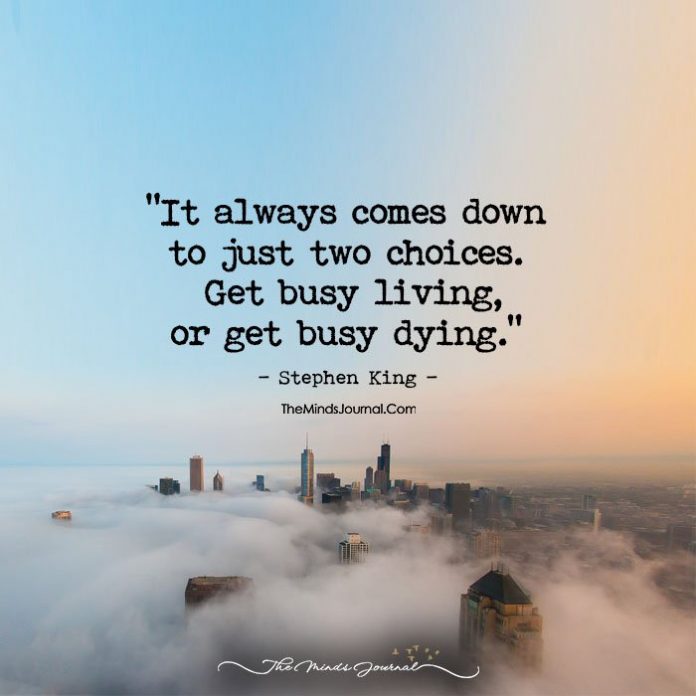
Caprino: You also mention that, “What if we gave ourselves permissions to have courage, to feel safe to express our feelings, and to go to where our heart guides us, with vulnerability and bravery?” Can you say more about how that would transform our lives for the better?
Ware: The braver we are to be ourselves the more we permit others to do the same.
While some of our individual talents may be similar to others, our expression and delivery of those vary. We all respond differently, too. So the more real you are in your expression of self, the more chance people have of connecting with someone specific (you), rather than a standard theme or delivery of a message.
Vulnerability and so-called “failure” should be supported not discouraged. How do you know what does work if you don’t know what doesn’t? It is only through mistakes we learn. So the more we can support others to have a go, knowing they will only be encouraged not judged, the more confident they become to push through further resistance bringing them ever-closer to their own potential.
Rather than seeing people as fools for having a go and failing, we can look at them with admiration for their courage and wait with joyful anticipation to see what their next attempt will be, since it will come with the wisdom of past learning.
Related: How To Deal With Death and Dying As You Age?
Caprino: In the end, what is the most compelling message you’d like to share with us, based on your work with the dying?
Ware: Life is sacred. Bring as much consciousness to the choices you make on a daily basis. Take courageous action. And know you truly are worthy of joy.
Are you ready to live your life differently so that you don’t have these regrets on your deathbed?
Want to dramatically boost your power, confidence and impact in your career? Check out my new book – The Most Powerful You: 7 Bravery-Boosting Paths to Career Bliss – today! To order in Australia and New Zealand, click here, in the UK, click here, and elsewhere outside North America, click here. Thank you!
Written by: Kathy Caprino
Originally appeared on: Kathycaprino.com
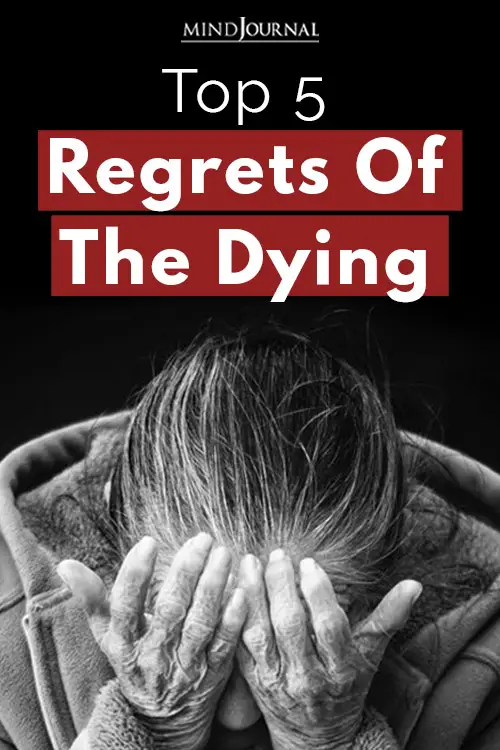
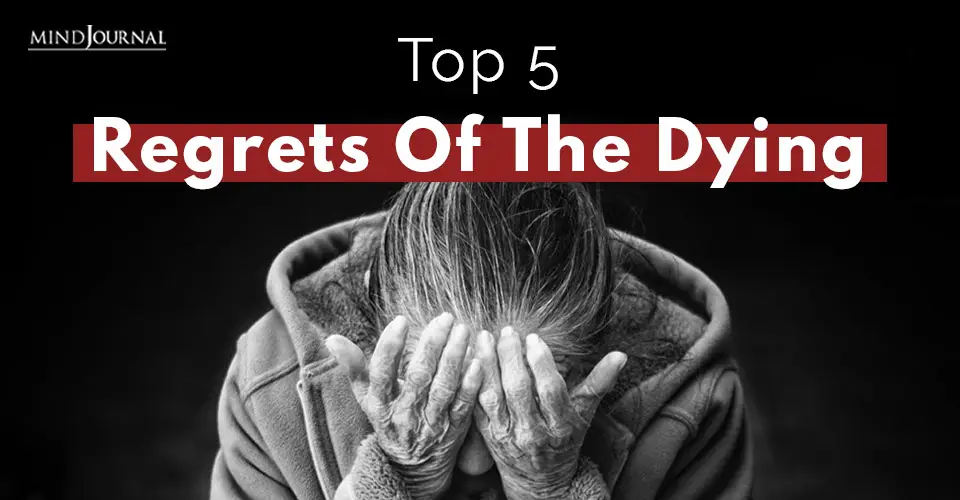

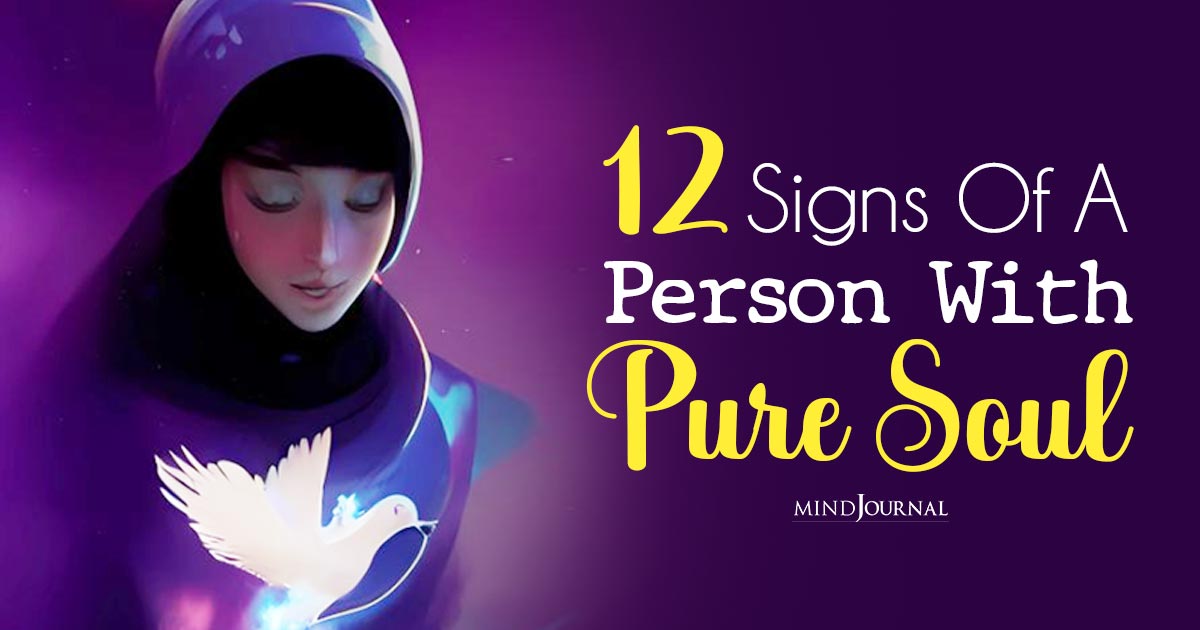
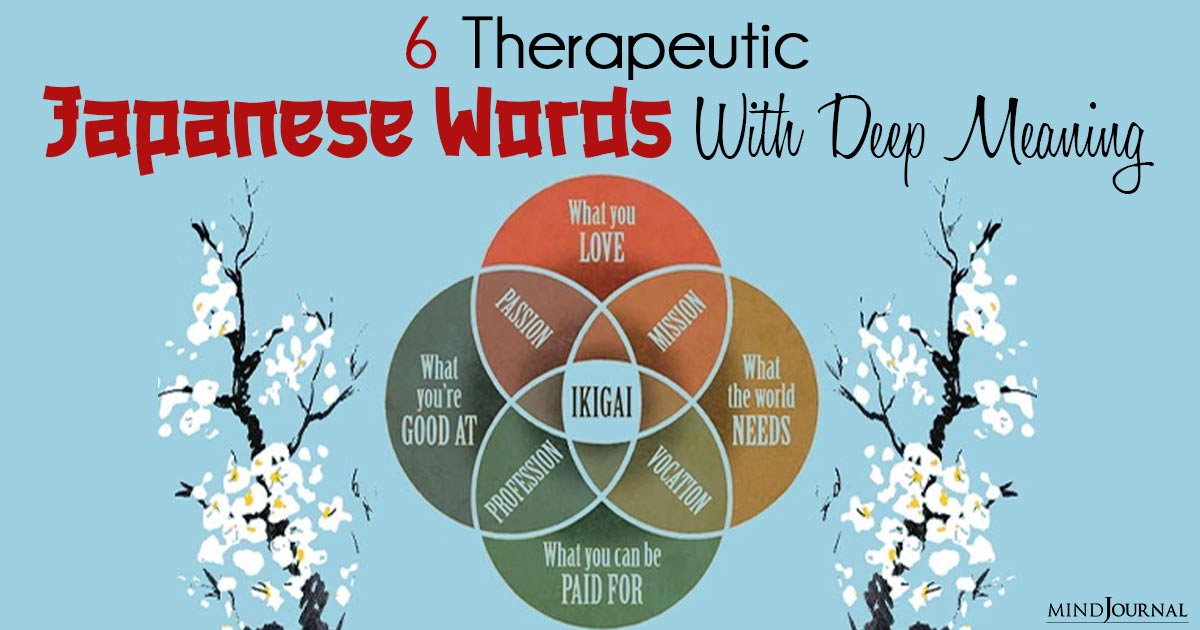
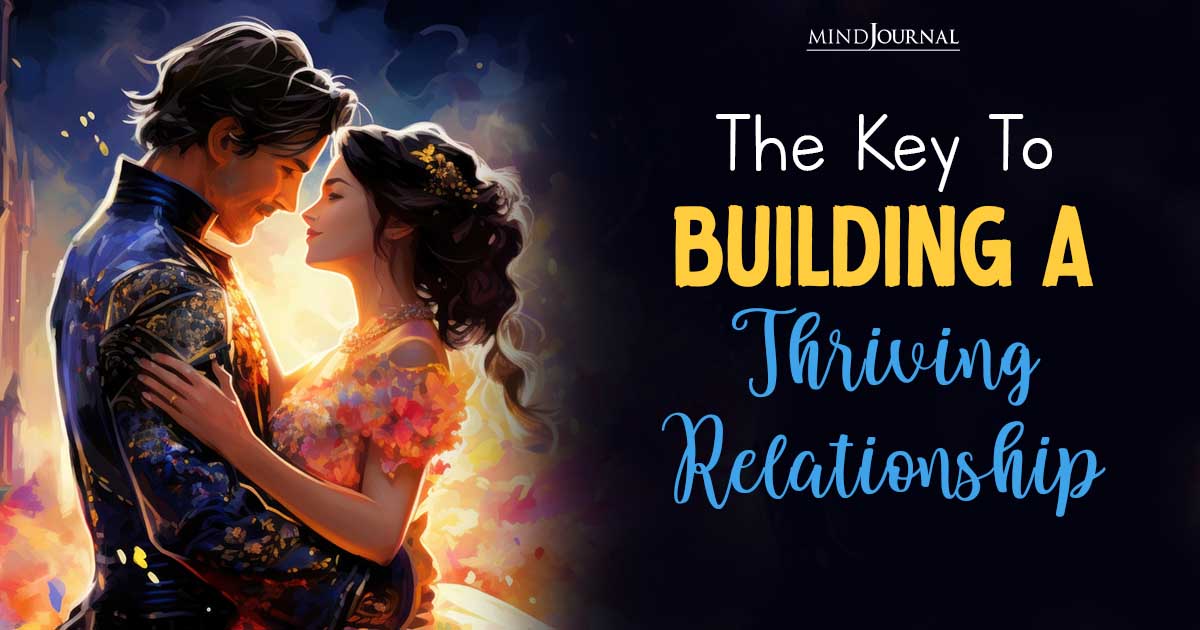
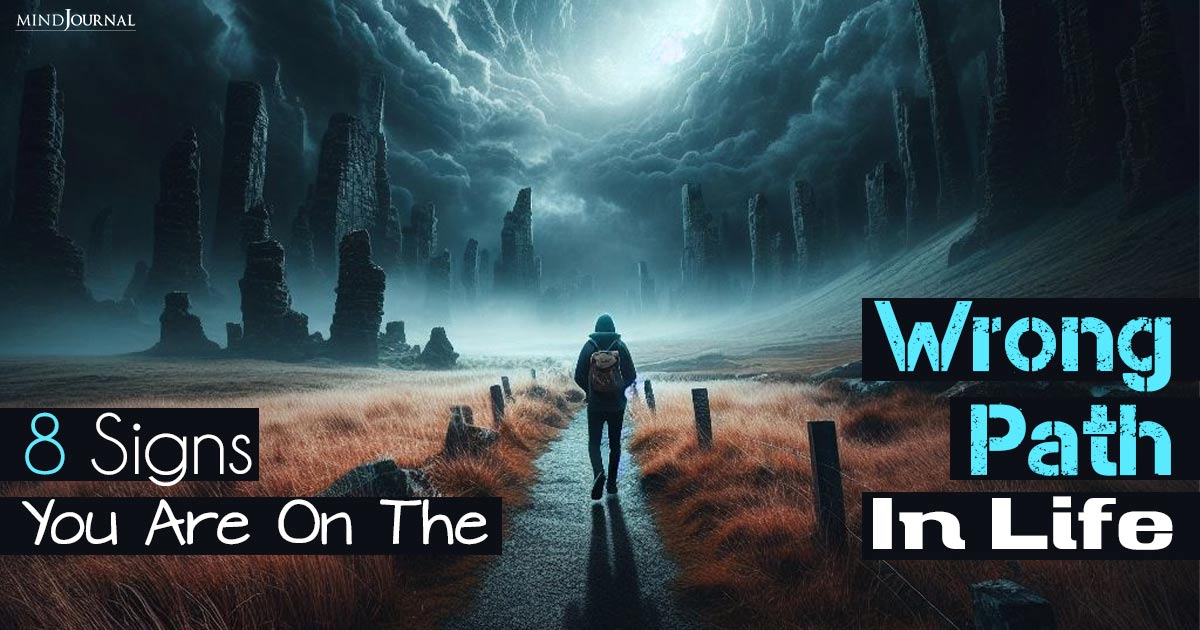
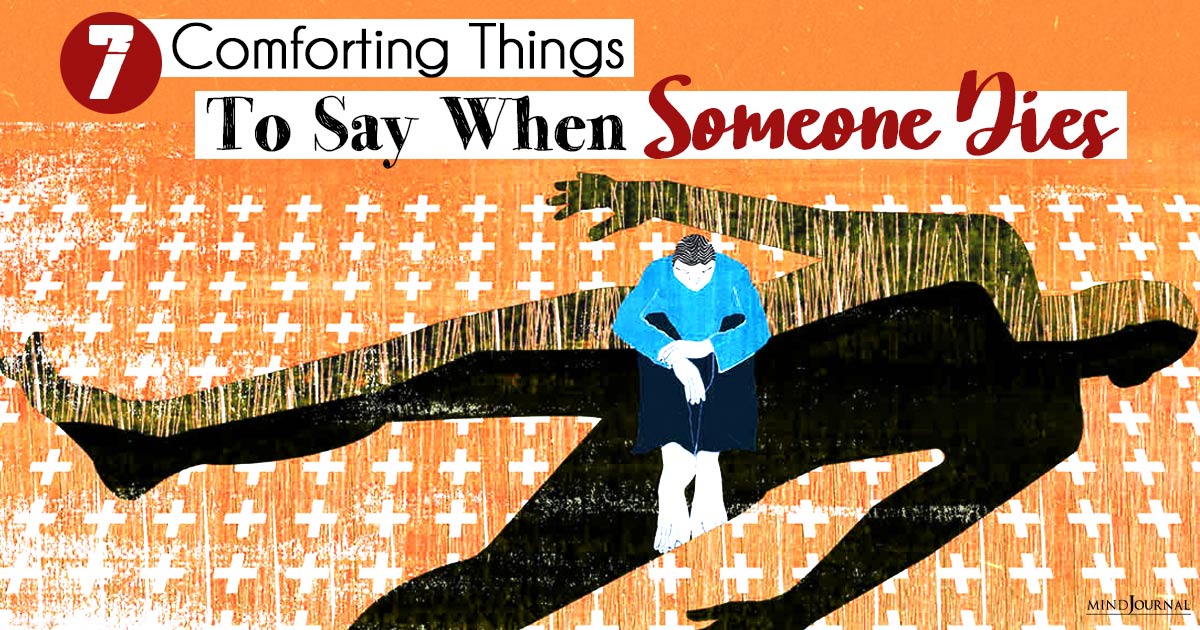
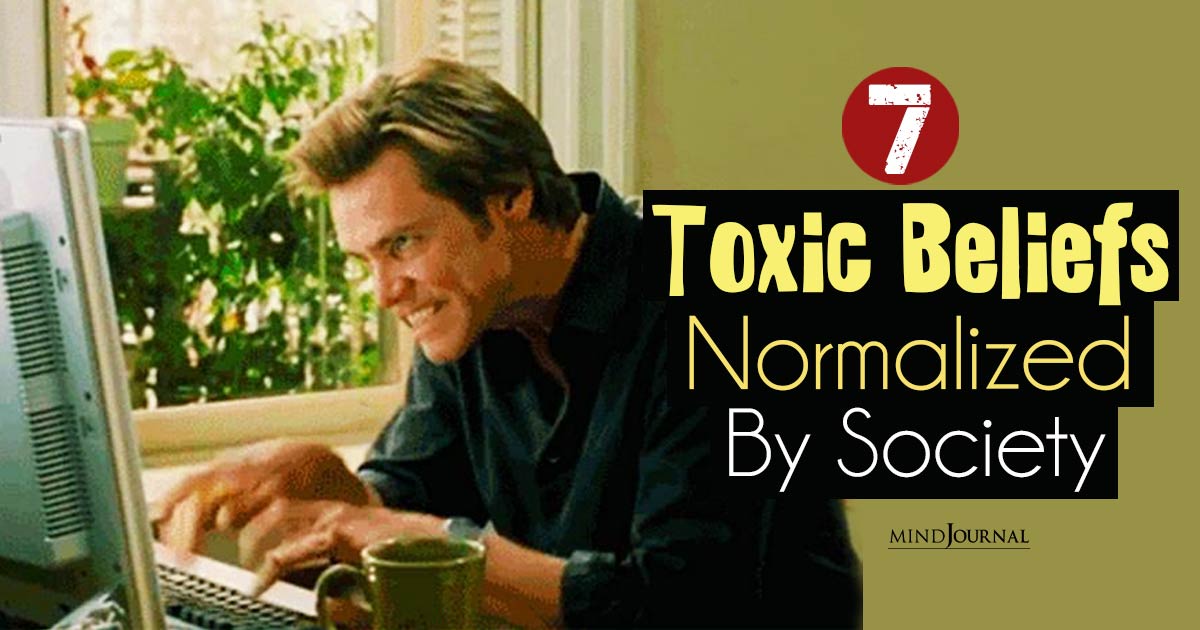
Leave a Reply
You must be logged in to post a comment.